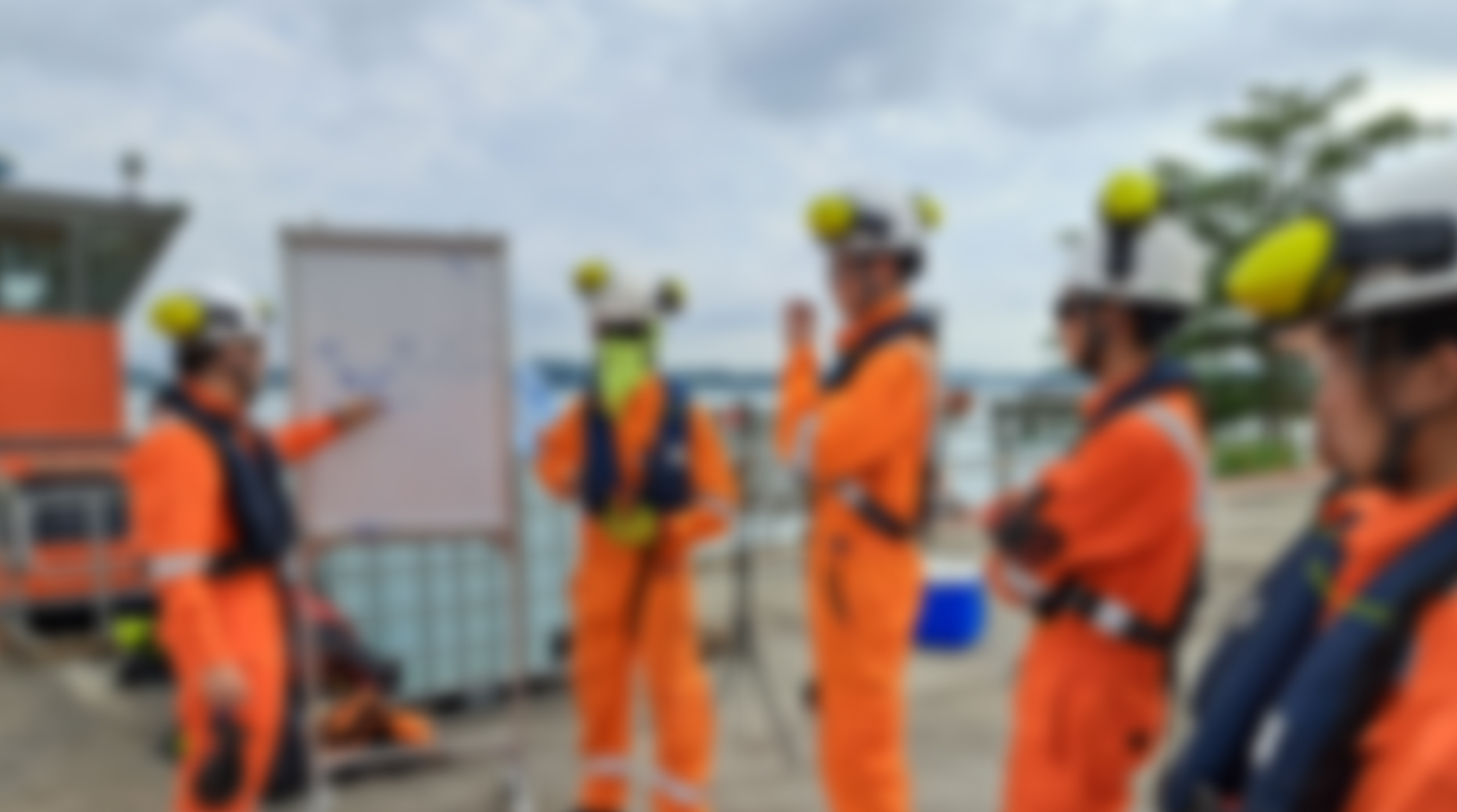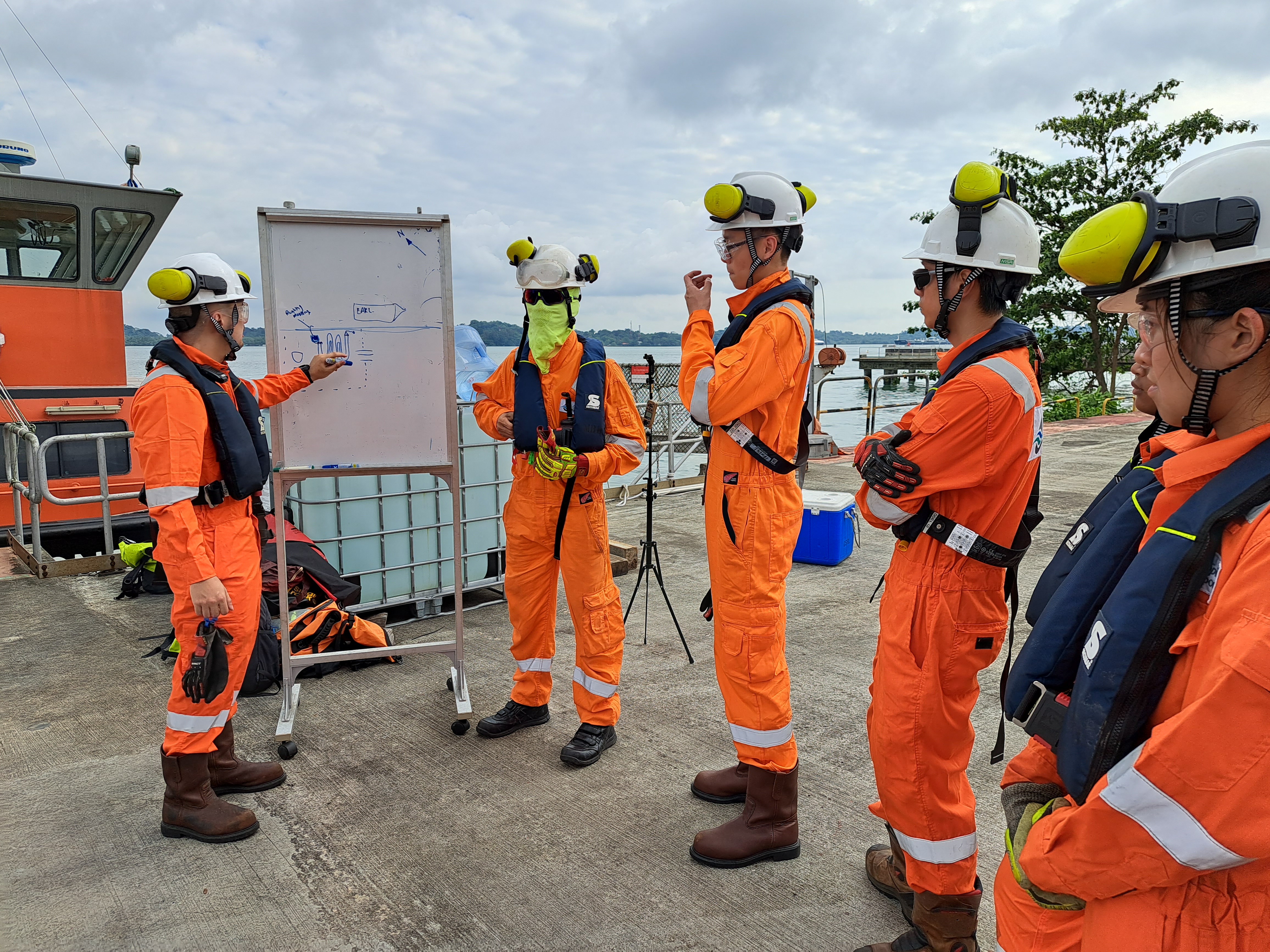Discover a comprehensive understanding of Wildlife Response within the context of oil spill incidents through this course developed alongside Wildbase at Massey University.
Our primary goal is to bridge the gap between Wildlife Planning and Response Strategies, integrating them seamlessly into the overall response effort. By emphasising the interconnectedness of Wildlife Response with the entirety of the response process, you will gain a more nuanced and effective approach to handling oil spill incidents.
Tailored for operators in countries where awareness and regulatory frameworks for wildlife response are either nascent or in the early stages of development, this course offers invaluable insights and practical knowledge.
Join us on this journey to enhance your capabilities and contribute to the comprehensive management of oil spill incidents in your region.
This course is tailored for operators in countries where awareness and regulatory frameworks for wildlife response are either developing or in the early stages of development, this course offers invaluable insights and practical knowledge.
While the course is designed for those with some background in oil spill response and preparedness, this course applies to in-field response supervisors and decision-makers. More specifically, the content of this course would be appropriate for:
- Members of Incident Management Team (IMT) such as,
- Incident Commander
- Operations, Planning and Logistics Section Chiefs
- Technical Specialists – Environment Unit Lead and Wildlife Specialists
- Wildlife Branch Management
- Wildlife Strike Teams
- Environmental Advisors
- On-site subject matter experts who need to know how to manage and handle oil spill response matters.
This course aims to instil confidence in making informed decisions and fulfilling roles within an Incident Management Team (IMT) concerning Wildlife Response. You will actively engage in various oil spill scenarios, navigating complexities to incorporate wildlife response into the broader spill response strategy seamlessly.
This training will establish critical connections between Wildlife Response and other oil spill response and preparedness facets. The meticulously crafted exercises and activities are designed to simulate real-world decision-making scenarios, providing the experience to address challenges encountered during an actual spill. Additionally, the inclusion of several case studies serves to illustrate valuable lessons learned from past oil spill incidents.
Combining hands-on exercises, activities, and case studies is a powerful tool for enhancing skills, raising awareness, and improving competencies in managing and handling oiled wildlife response.
Covering a range of topics to foster a holistic approach to decision-making in wildlife response and its integration into the Incident Management System, specific areas include regulatory frameworks on oiled wildlife, wildlife response within the Incident Management System (IMS), and oil spill response strategies with a focus on wildlife response.
Intertwined with case studies and table-top exercises, this course will cover the following topics:
- Impacts and effects of oil spills on wildlife and their ecosystems
- Overview of wildlife response, including regulatory frameworks
- Wildlife response in the Incident Management System (IMS)
- Wildlife protection and response strategies, including the health and safety aspects and resource requirements of wildlife response
- Developing wildlife response preparedness.






